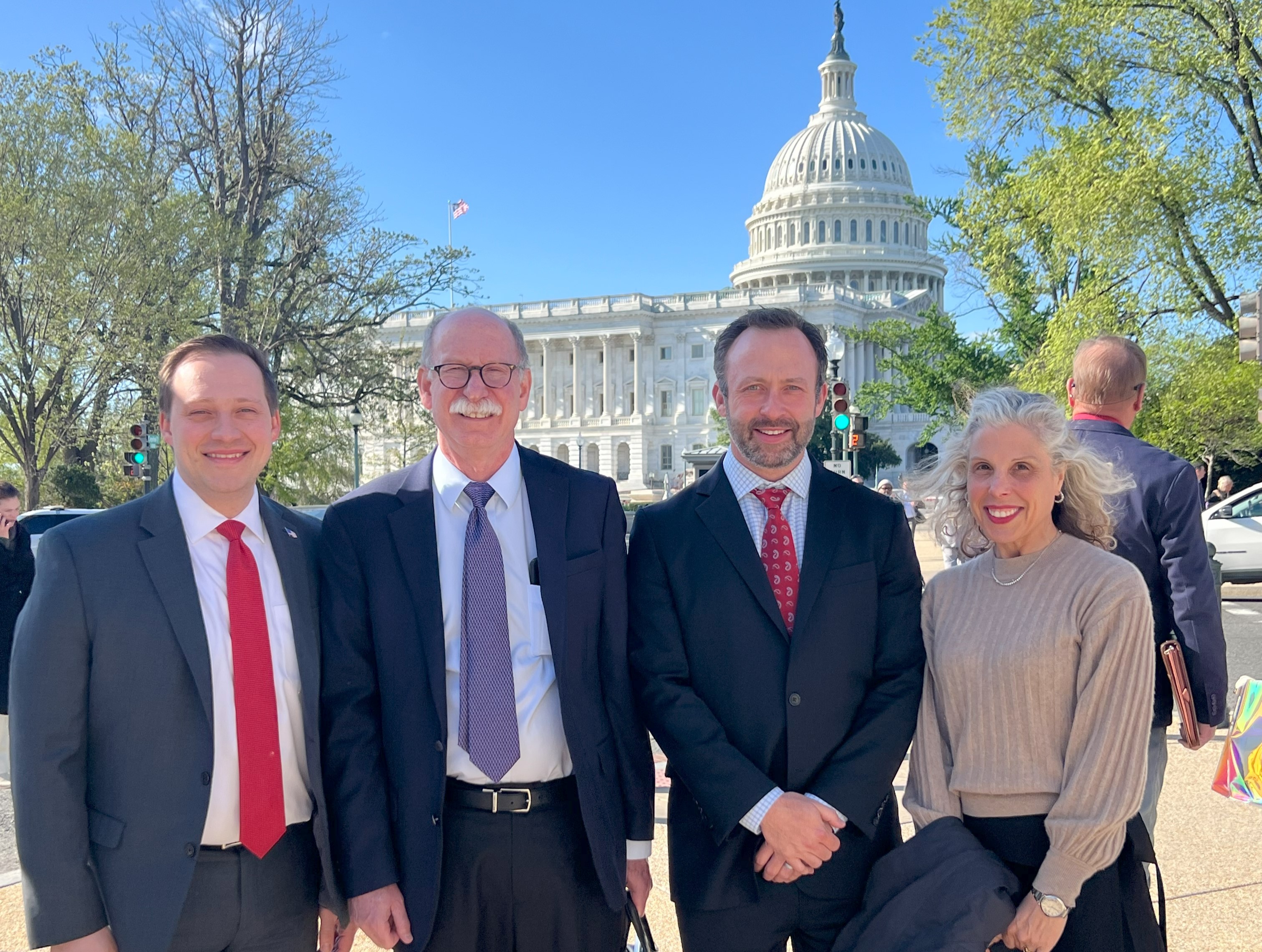CMS Proposed Rule on Bundled Payment for Radiation Therapy ServicesOn July 10th, 2019, CMS released the proposed rule regarding the bundled payment for radiation therapy services. The development of a radiation oncology APM was stipulated in the payment freeze passed by Congress; for some time LUGPA has been engaged with CMS and other stakeholders to ensure that integrated urology practices were not excluded from participation. As such, the release of this rule has been anticipated for some time, and was foreshadowed in a CMS memorandum in February of this year. A CMS summary can be found here, and the full rule can be accessed by clicking here. Although more detailed review is ongoing, we wanted to share our first pass analysis of the 412 page document. First and foremost, LUGPA prevailed in defending the right for our member practices to continue to provide radiation therapy services.Consequently, there is no differentiation between our member groups and any other radiation oncology site of service. The mechanics of the rule are complex. CMS is dividing the entire US based on core based statistical areas (CBSA) and will randomly assign providers to either the experimental (subject to the new payment model) or control (continue FFS billing) groups. Neither patients nor providers will be able to choose which group to which they are assigned. CMS will assign 40% of national CBSAs to the experimental group and 60% to the control group with the intent of creating equal population pools, but has not yet indicated how any particular zip code will be assigned. The bundle will cover 90 days after a triggering event and will separate payments for professional and technical services. The rule applies to 17 different cancer types – this will include essentially all tumors treated by LUGPA practices. Below is a summary of key provisions in the proposal – again, this is based on a first pass review and more detailed analysis is ongoing.
It is important to remember that this is a proposed rule – there is a 60 day comment period and we can anticipate that many stakeholders (including LUGPA) will provide input to CMS. As this rule is based on a requirement introduced by Congress, it is also likely that we will have Congressional input as to the contents and implementation of this regulation. We will also be utilizing our DC advocacy apparatus to educate lawmakers as to the potential ramifications – both intended and unintended – of this rule. There are very real questions as to whether CMS has the statutory authority to initiate a “demonstration project” of this type, and it is also possible that if implemented, legal challenges to the rule may occur. In short, there is a long way to go before the rule is finalized. Although we have considerable work to do before finalizing our position, while LUGPA supports the development of value-based care models, in general LUGPA is opposed to any mandatory payment initiative that has the potential for unintended downside clinical consequences. |




